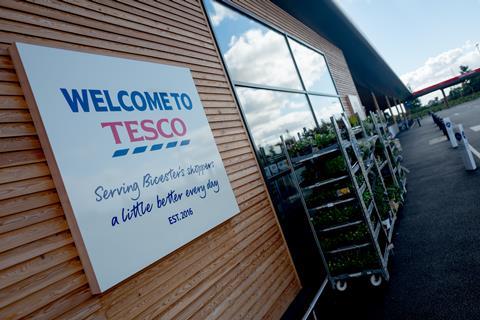
Tesco would make a better takeover target than Sainsbury’s but a £30bn price tag is likely to put private equity buyers off, according to analysts.
Supermarkets have come under increasing scrutiny from global buyout firms following the Issa brothers and TDR Capital taking out Asda in a £6.8bn deal last year and the ongoing bidding war for Morrisons between Clayton, Dubilier & Rice (CD&R) and a consortium led by Fortress Investment Group.
Last week, speculation surrounding Sainsbury’s and Apollo Global Management sent the share price of the supermarket soaring more than 15% to a seven-year high.
However, financial advisory firm Bernstein today poured cold water on the likelihood of an offer or takeover of the chain and said chances of a transaction were “relatively low”. Shares have also fallen steadily since hitting 340p and are now trading close to pre-speculation levels.
“We currently don’t expect a Sainsbury’s offer given the challenges to free cashflow, current management’s strategy and the complications of a bank and Argos,” analysts William Woods added.
Instead, despite there being no market speculation yet, Woods labelled Tesco as “the most attractive of the UK food retailers at a fundamental level”.
“The Tesco business is attractive for private equity investors,” Woods said. “The turnaround is complete, the business is simplified, diversified and dominant, and the next five years are set to be a story of consistent, strong execution and returning to shareholders.”
Tesco is also “always one step ahead” of rivals with private label and innovation, sales at the online business are approaching £5bn and profitable, and the wholesale operation offers further diversification and potential for further small-scale consolidation, Woods added.
Although, the potential size of any deal could stifle the appetite of potential PE suitors. Tesco’s market cap is approaching £20bn and adding on debt gives an enterprise value of £32bn.
Woods said any deal would make it one of the UK’s largest LBOs in UK history, comparable to Alliance Boots and Cadbury Schweppes.
The pension deficit – which is the largest of the UK food retailers at -£1.2bn – could also deflate the potential opportunity, he added. And the lossmaking bank presents a risk for any investor looking to take the supermarket private.
Sainsbury’s also presents the same risk for any investor but is currently in talks with US PE firm Centerbridge Partners to sell its bank for £200m, according to reports over weekend.
Woods said even with the disposal of the bank, Sainsbury’s was less attractive to PE than Morrisons because of its lower freehold ownership, which stands at between 50% to 60% compared with more than 80% for its Yorkshire-headquartered rival. Sainsbury’s also has no vertical integration in food production and factories.
Morrisons is currently valued at £7bn (£9.7bn including debt) by the latest offer from CD&R, which is backed by the supermarket’s board.
Woods expected Fortress to come back with a higher offer to keep the bidding war alive.
However, he warned the deal economics didn’t work without significant asset sales of around £2.5bn.
“There’s potential value to unlock in an LBO by increasing debt and disposing of assets and property, supported by a stable business with strong free cashflows,” he said.
Both CD&R and Fortress have given assurances they would not “engage in any material store sale and leaseback transactions”.







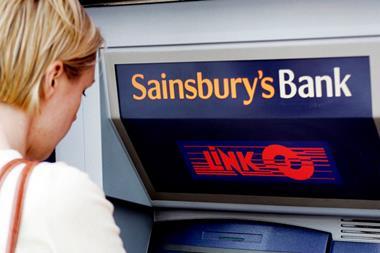
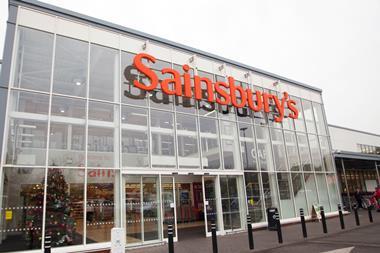
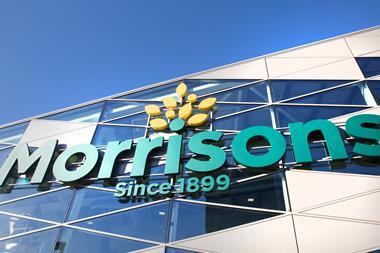
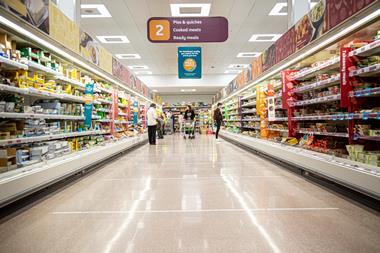
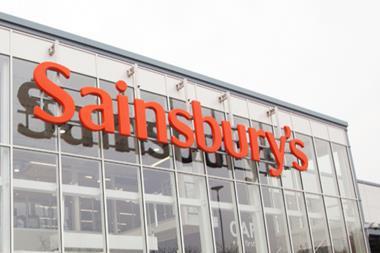
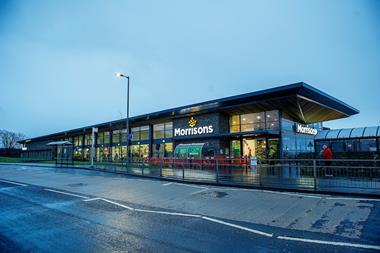






No comments yet